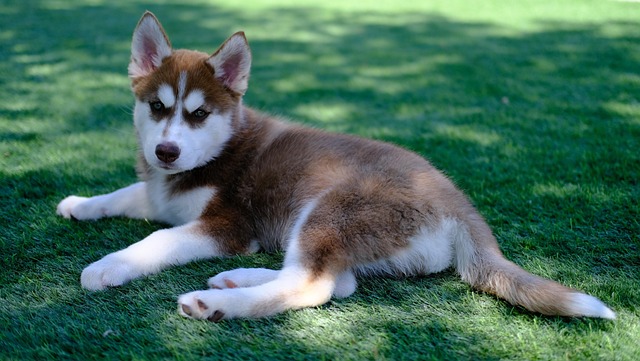
What is the best way to train a Husky puppy?
Ever walked into the living room to find your Husky puppy chewing on your favorite sneakers? That’s their working-dog energy looking for an outlet—and it’s where smart Husky puppy training starts.
Many Corgi owners wonder how hard their pups are to potty train, and the answer usually boils down to consistency and understanding the breed’s quirks. Corgi puppies, like most small to medium breeds, have tiny bladders—they can’t hold it for more than a couple of hours, especially under 6 months old. This means you’ll need to stick to a strict schedule: first thing in the morning, after meals, naps, and playtime, and right before bed. Skipping these times often leads to accidents, which can make training feel harder than it is.
The good news is Corgis are smart—they pick up on routines fast if you reward good behavior. Keep small, tasty treats (like freeze-dried chicken) handy; when your Corgi goes potty in the right spot, praise them excitedly and give a treat immediately. Avoid scolding for accidents, too—yelling can make them scared to go near you when they need to go, slowing down progress. Crate training also helps here, since Corgis naturally avoid soiling their “den.”
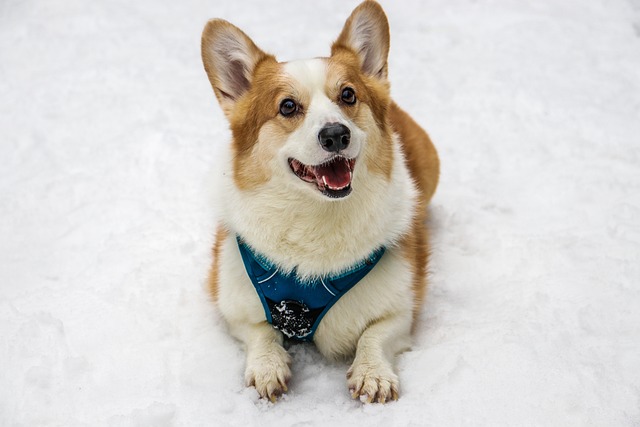 It’s crucial to remember local pet laws while training, too. Most U.S. cities and European countries have strict rules about cleaning up after your dog—fines for leaving poop on public sidewalks or parks can be $100 or more, like in cities like Chicago or London. If you’re training your Corgi to go outside, always carry poop bags and a leash (even for puppies, as many areas have leash laws for safety). Some places also require puppies to be vaccinated before they’re allowed in public parks, so check your local animal control guidelines to stay compliant.
It’s crucial to remember local pet laws while training, too. Most U.S. cities and European countries have strict rules about cleaning up after your dog—fines for leaving poop on public sidewalks or parks can be $100 or more, like in cities like Chicago or London. If you’re training your Corgi to go outside, always carry poop bags and a leash (even for puppies, as many areas have leash laws for safety). Some places also require puppies to be vaccinated before they’re allowed in public parks, so check your local animal control guidelines to stay compliant.
Corgis can be a bit stubborn, though—this is where patience comes in. If your pup keeps having accidents in the same spot inside, clean the area with an enzyme-based cleaner (regular soap leaves smells that attract them back). You might also need to adjust your schedule: if they have an accident mid-morning, try taking them out 15 minutes earlier next time. Many owners find that pairing potty time with short walks helps, since the new sights and smells encourage them to go.
Corgi potty training isn’t overly hard—it just needs commitment. By sticking to a schedule, rewarding good habits, following local laws, and being patient with their stubborn streaks, most Corgis master it within 2 to 4 months. Remember, every puppy is different—some catch on in weeks, others take a little longer. Stay consistent, and you’ll have a house-trained Corgi who knows exactly where to go.

Ever walked into the living room to find your Husky puppy chewing on your favorite sneakers? That’s their working-dog energy looking for an outlet—and it’s where smart Husky puppy training starts.
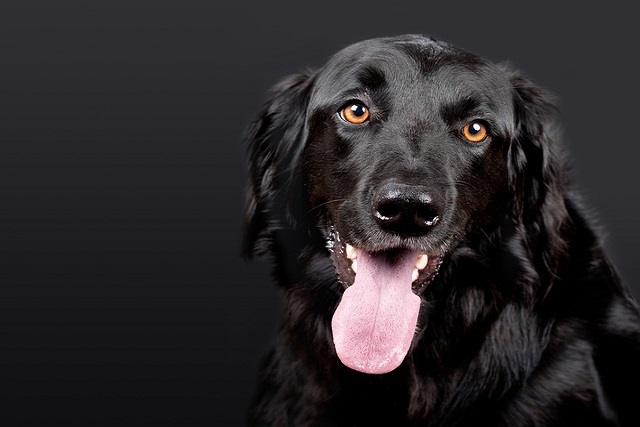
If you’re a new dog parent in the US—maybe you’re stuck in your Chicago apartment on a rainy Saturday, watching your 9-month-old rescue Beagle
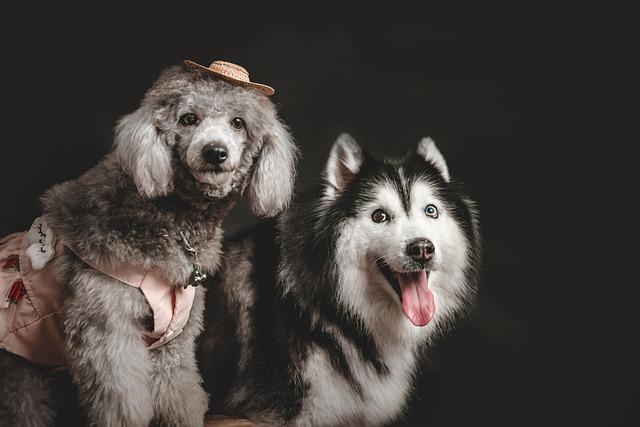
Most new puppy parents stress over accidents on the rug, but a 7-day plan can turn chaos into consistency—if you stick to routines that fit your daily life.
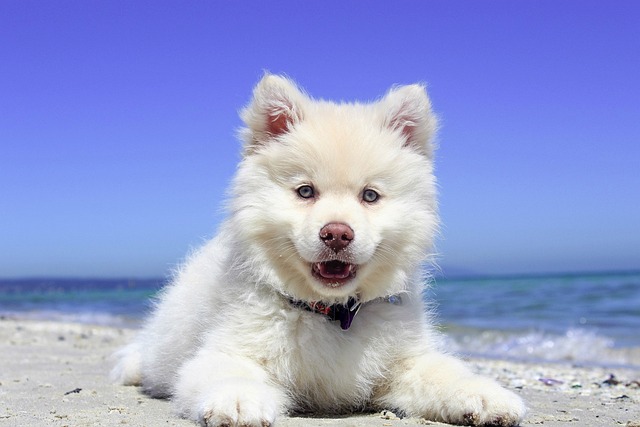
You’ve probably noticed how your dog’s nose takes over during walks—sniffing fire hydrants, grass patches, and that intriguing lamppost like it’s reading the morning newspaper.
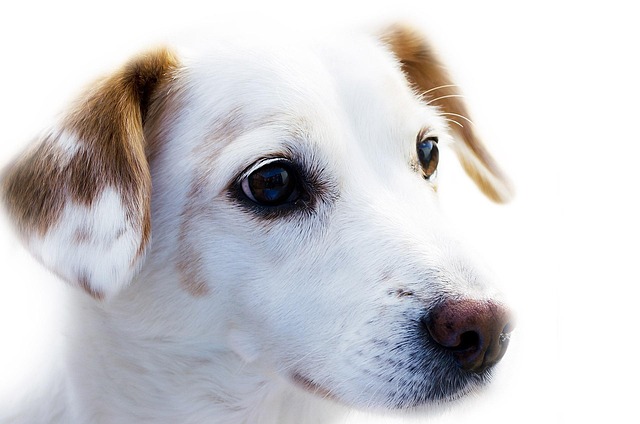
That tightening in your chest as you round a corner and see another dog approaching is a feeling many owners know.
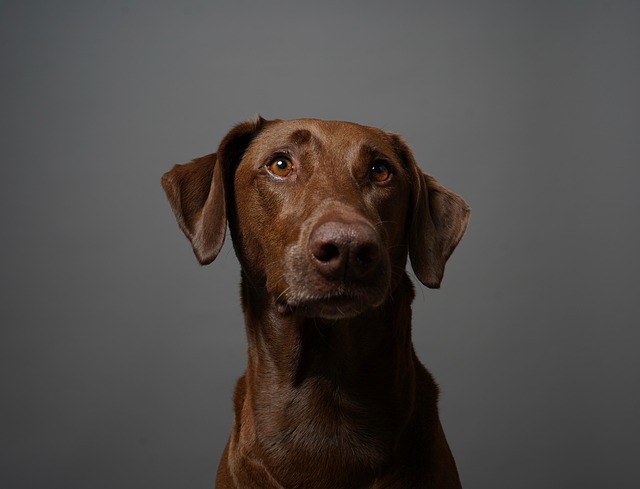
New puppy owners often stare at a puddle on the living room rug and wonder where to start—this mess isn’t just frustrating, it’s a teachable moment, not a punishment.